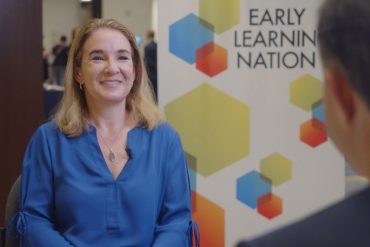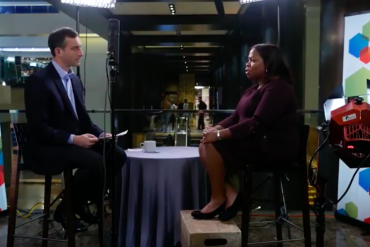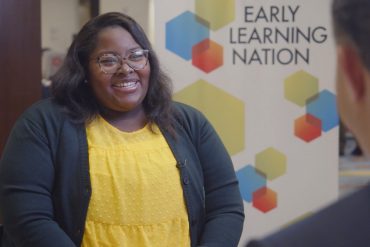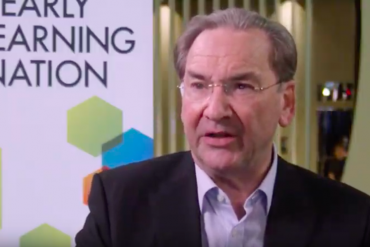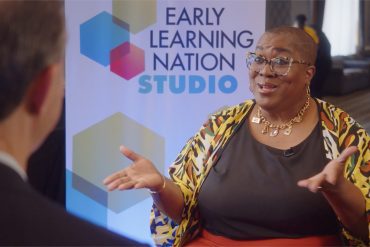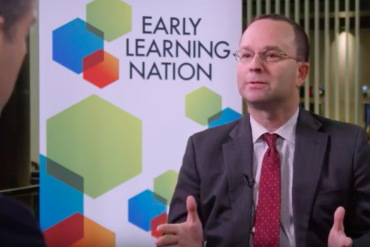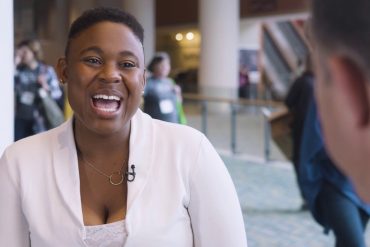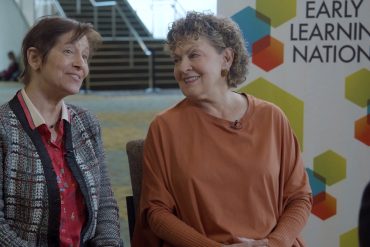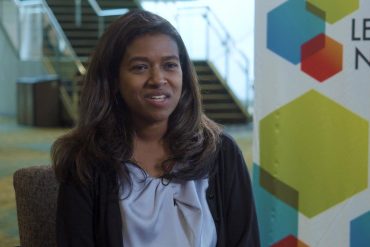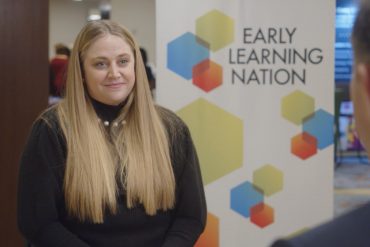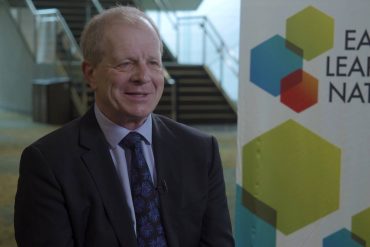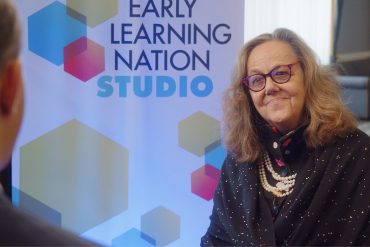One way to improve education: communication. For Pinecrest (FL) Vice Mayor Katie Abbott, that means not only regularly connecting with the school board, but also with students. Abbott co-coordinates the Pinecrest Youth Advisory Council, a group of 24 students in grades 8-12 across public and private schools who engage in government, volunteering and education, tackling issues from the environment to preparing for college.
Tonja Rucker, program director for Early Childhood Success at the National League of Cities, discusses the universal message crossing partisan divides, all sectors and audiences, that to have vibrant, thriving cities, families must be strong. Watch to learn more.
As an NLC Youth Representative, North Carolina High School junior Ramie Mack has the opportunity to talk with adults, including mayors and city councilmembers. And as she advocates for learning, Ramie wants those leaders to understand that youth face challenges, too. That’s just one reason she advocates for making sure students are part of the conversation when learning is being discussed.
What’s the business case for increased business investment in local early education programs? Bill Canary, Alabama businessman and chairman of Canary & Co., who has spent years at the intersection of business, public policy and education – including early education – explains.
From the area they call “The 757,” BCDI-Hampton Roads is focused on literacy and parent engagement – from giving away books to holding parent workshops and beyond. And President Darlene Walker leads the way.
Many business leaders realize: If you want to secure the workforce of the future, it makes sense to start at the beginning of “the supply chain.” And that’s early learning.
What does it take to build 24-hour childcare? It starts with a promise. It continues with commitment. And to listen to Rosa Marie, President of Marvelous Minds Academy, there’s only one way it can end: With doors opening to serve families who need it.
According to Roberta Michnick Golinkoff & Kathy Hirsh-Pasek – researchers and co-authors of “Becoming Brilliant, What Science Tells Us About Raising Successful Children” – language is the single best predictor of how young children will do in school. That’s why they’ve created an innovative, easy way for practitioners to measure students’ verbal progress. Filmed for Early Learning Nation’s Mobile Studio at the Society for Research in Child Development’s biennial meeting in Baltimore, MD, on March 22, 2019. #SRCD19
When University of Maryland Associate Professor Geetha Ramani and her colleagues visit early learning classrooms, they’re known as the “game people.” Ramani’s research shows not only the importance of teaching math skills, but also the effectiveness of what might seem like an obvious tactic: Make it fun.
PRE4CLE is Cleveland's approach to expanding high quality preschool access across the city. The program began in 2014 and connected the community, county, school district, teachers, local philanthropy and of course, local government. Now they’re launching So Cleveland Early Learning Spaces, a focused effort to improve facilities in order to improve the learning environment. As Michelle Connavino, PRE4CLE’s Director of Communication & Special Initiatives, explains: It’s all part of Cleveland’s goal to ensure greater access for all three and four year olds throughout the city.
How and why do children become aggressive – or even violent? How can we understand the true causes – and recognize the signs – before they take hold? Kenneth A. Dodge, Pritzker Professor of Public Policy at Duke University explains the important research that can help children and families. Filmed for Early Learning Nation’s Mobile Studio at the Society for Research in Child Development’s biennial meeting in Baltimore, MD, on March 22, 2019. #SRCD19
Dr. Joan Lombardi has spent her career exploring early childhood learning from multiple perspectives: policy, public sector, private sector, university and more. Among her current efforts is leveraging unique survey data and insights to identify “material hardships” that parents face, and identifying new ways to empower communities to advance the developmental continuum and—in Dr. Lombardi’s words—“raise the barn” together.


